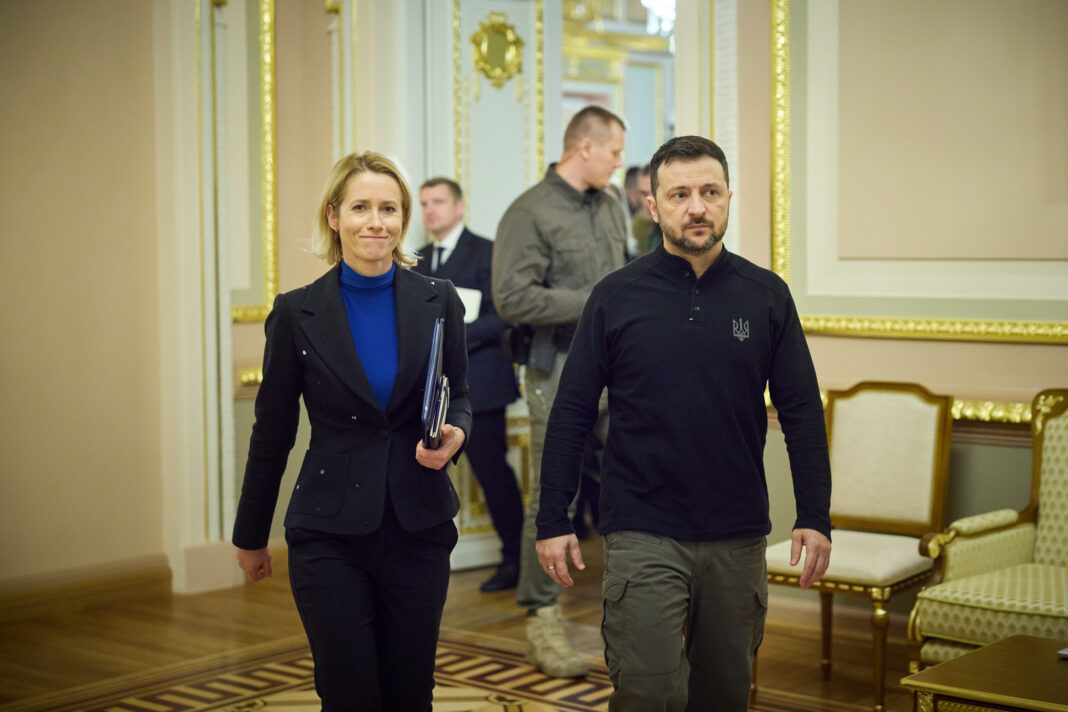BRUSSELS (CHATNEWSTV) — The Council of the European Union on Monday approved a set of conclusions urging member states to address growing labour and skills shortages, which threaten the bloc’s competitiveness, sustainable growth, and green and digital transitions.
“Labour and skills shortages are a challenge we must confront to maintain our leadership in innovation and sustainable growth,” said Márton Nagy, Hungary’s Minister for National Economy.
“The measures agreed upon today aim not only to address these shortages but also to empower underrepresented groups in the labour market and enhance their economic autonomy.”
The Council highlighted that shortages are driven by demographic changes, rising demand for specialized skills, and unfavorable working conditions in some sectors. At the same time, many individuals, including women, young people, older workers, people from ethnic minorities, and persons with disabilities, remain underemployed or economically inactive.
The conclusions call on EU member states to:
Offer upskilling and reskilling opportunities aligned with labour market needs.
Address barriers to workforce participation.
Combat gender stereotypes and narrow the gender pay gap.
Promote fair and stable working conditions.
Collaborate with the European Commission to improve labour market and skill forecasting.
The recommendations build on the European Commission’s action plan on labour and skills shortages, published in March as part of the European Year of Skills. This initiative followed the Val Duchesse Social Partners Summit in January and was further discussed by employment ministers during the EPSCO Council in July.
The EU’s efforts aim to foster social cohesion and drive inclusive economic growth, emphasizing the integration of underrepresented groups into the workforce. The Council noted that demographic challenges and sector-specific gaps underscore the urgency of implementing these measures across member states.
 Donate
Donate



